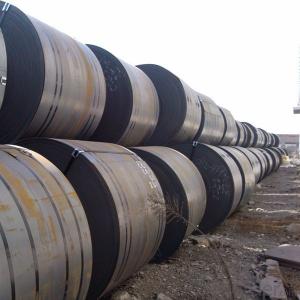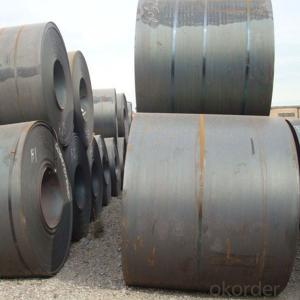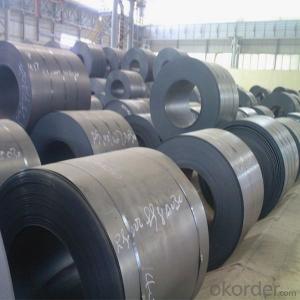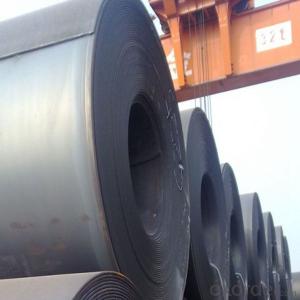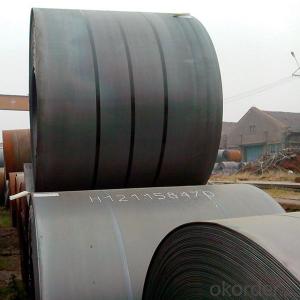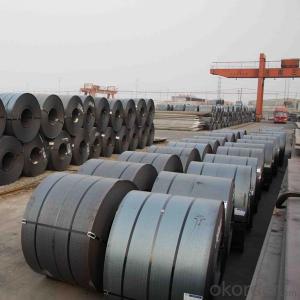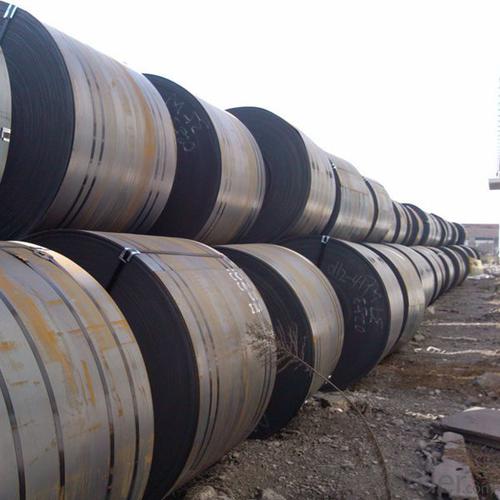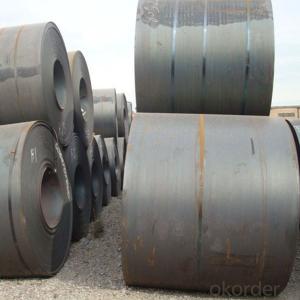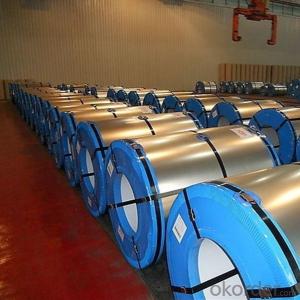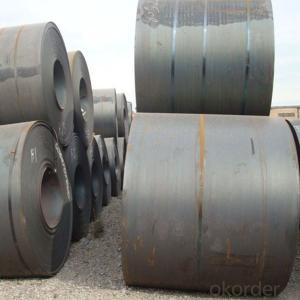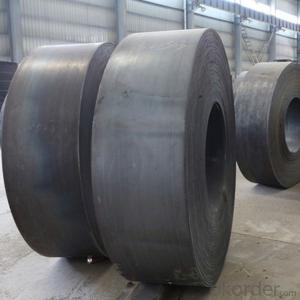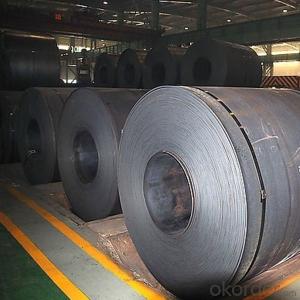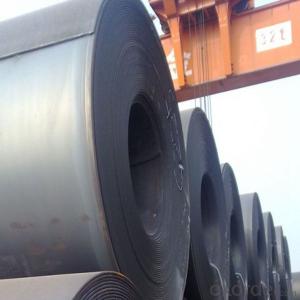Hot Rolled Steel Sheets Steel Coils Made in China SS400
- Loading Port:
- Shekou
- Payment Terms:
- TT OR LC
- Min Order Qty:
- 20 m.t.
- Supply Capability:
- 500 m.t./month
OKorder Service Pledge
OKorder Financial Service
You Might Also Like
Specification
DESCRIPTION:
GRADE: SS400, ASTM A36, A572, ST37,ST52, Q195, Q215, Q235,Q345, S235JR etc.
STANDARD: GB/T709-2006, ASTM A36, JIS G3101, DIN EN 10025, SAE 1045, ASTM A570
SPEC:
1)Width: 600-2500mm or 1000,1050,1250,1500,1800,2000mm
2)Thickness:1.5mm-200mm or as customers’ special requirements;
3)Length: 2-12m or as customers’ special requirements
DETAILS:
Thickness | 0.5-100mm |
Width | 1250mm,1500mm,1800mm,2000mm.,2500mm or as required |
Length | 2000-12000mm |
Standard | AISI, ASTM, BS, DIN, GB, JIS |
Material | A36,SS400,SPCC,SPHC, Q195, Q 235,Q345 |
Tehnique | Hot rolled;cold rolled |
Payment | TT ,L/C |
Packing | Standard seaworthy packing or as required |
Market | Mild east, North/South America, Europe, Asia,Africa etc |
Certificate | BV,SGS,MTC |
Delivery time | 30-45days after confirming the order |
PACKING:
1.Big thickness:by bulk vessel
2.Small thickness:packed by steel strips and shipped by container
3.According to the requirements of customers'
TRADE TERMS :FOB, CFR, CIF
DETAILED PICTURES FOR STEEL COILS
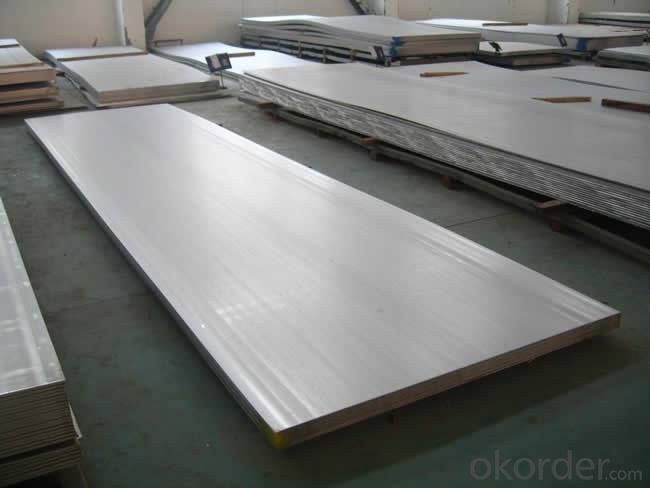
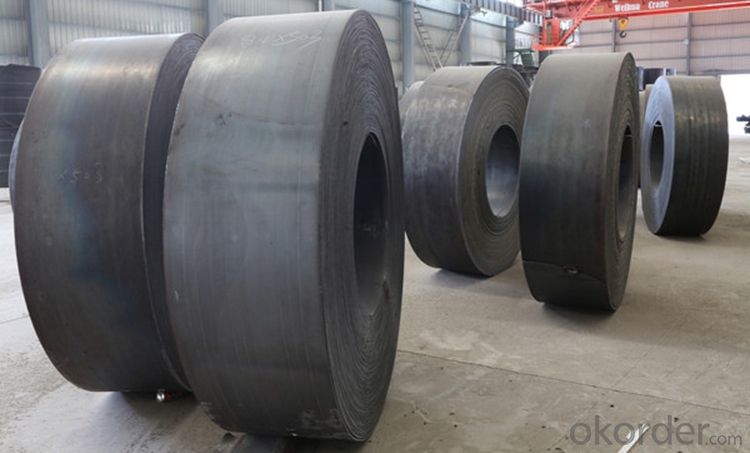
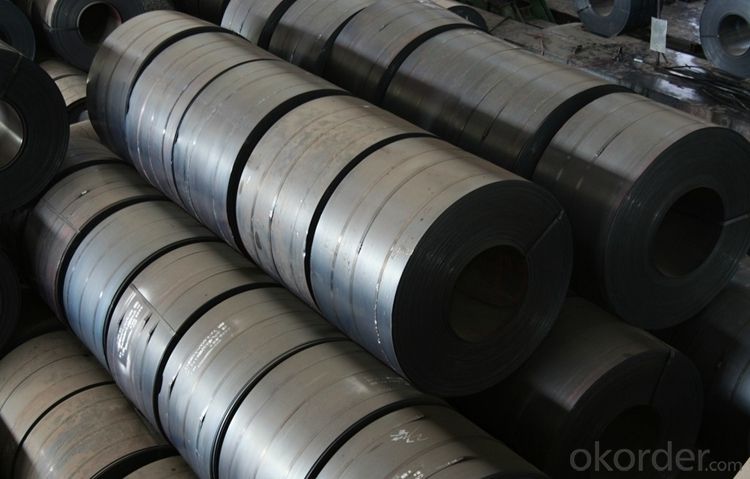
PAYMENT&DELIVERY FOR STEEL COILS/SHEETS
Payment Terms | 100% LC at sight,or 30%TT in advance, balance against B/L copy |
Delivery Time | With 30-40 days after deposit |
Price Terms | Ex-Work, FOB, CNF, CFR, CIF,etc |
FEATURES OF STEEL COILS
(1)Good ductility
(2)Good corrosion resistance
(3)Excellent abrasion resistance and fatigue strength
(4)Good weldability
(5)Oxidation resistant performance
(6)Excellent in high temperature
FAQ
Q:What are the advantages of your company ?
A: We have many professionals, technical personnel, more competitive prices and best after-dales service than other steel companies.
Q:Can you arrange the shipment ?
A: Sure we can help you with the shipment. We have forwarders who have cooperated with us for many years.
- Q: What is the standard size of a steel sheet?
- The standard size of a steel sheet can vary depending on the specific application and industry. However, in general, steel sheets are commonly available in standard sizes such as 4 feet by 8 feet (1.2 meters by 2.4 meters) or 5 feet by 10 feet (1.5 meters by 3 meters). These dimensions are widely used in construction, manufacturing, and fabrication processes. It is important to note that customized sizes can also be obtained based on the requirements of a particular project or customer.
- Q: How are steel sheets transported and stored?
- Steel sheets are typically transported and stored using specialized equipment such as forklifts, cranes, or flatbed trucks. They are often stacked in neat piles or bundled together to maximize space efficiency. To prevent damage, steel sheets are usually stored in covered warehouses or outdoor storage areas with proper protection against moisture and other environmental factors.
- Q: What is the typical hardness range for steel sheets?
- The typical hardness range for steel sheets can vary depending on the specific type of steel and its intended application. However, a common hardness range for steel sheets is between 20 and 60 on the Rockwell C scale.
- Q: What are the different types of steel sheet surface coatings for corrosion resistance?
- There are several types of steel sheet surface coatings available for corrosion resistance, including galvanized coatings, zinc-rich coatings, aluminum coatings, and organic coatings such as paint or epoxy. Each coating offers unique benefits and application suitability depending on the specific requirements and environmental conditions.
- Q: What is the process of laminating steel sheets?
- The process of laminating steel sheets involves bonding multiple layers of steel together to create a stronger and more durable material. This is typically done by applying heat and pressure to the sheets, which causes them to fuse together. The sheets are often coated with a layer of adhesive or resin before lamination to enhance the bonding process. The result is a laminated steel sheet that exhibits improved strength, resistance to corrosion, and other desirable properties.
- Q: Can steel sheets be used for manufacturing medical devices?
- Yes, steel sheets can be used for manufacturing medical devices. Steel is a strong and durable material that can withstand sterilization processes, making it suitable for various medical applications. Additionally, steel can be easily formed into different shapes, allowing for the production of intricate medical devices.
- Q: Can the steel sheets be used for roofing purposes?
- Yes, steel sheets can be used for roofing purposes. Steel roofing sheets are a popular choice due to their durability, strength, and resistance to harsh weather conditions. They provide excellent protection against elements such as rain, snow, and hail. Steel roofing sheets are also fire-resistant and can withstand high winds, making them a reliable option for roofing. Additionally, steel sheets are lightweight, which makes them easier to install and reduces the load on the structure. They are available in various designs and colors, allowing for customization according to individual preferences. Overall, steel sheets are a versatile and practical choice for roofing purposes.
- Q: Are steel sheets suitable for battery enclosures or casings?
- Yes, steel sheets are suitable for battery enclosures or casings. Steel is known for its strength and durability, making it an ideal material choice for protecting batteries. Additionally, steel offers good heat dissipation properties and is resistant to corrosion, further enhancing its suitability for battery enclosures or casings.
- Q: How are steel sheets measured and sized?
- Steel sheets are measured and sized based on their thickness, width, and length. The thickness is usually measured in gauge or millimeters, while the width and length are measured in inches or millimeters. The dimensions are typically standardized and can vary depending on the specific application or industry requirement.
- Q: Can steel sheets be bent or curved?
- Yes, steel sheets can be bent or curved using various methods such as press brakes, rollers, or heat treatment techniques.
Send your message to us
Hot Rolled Steel Sheets Steel Coils Made in China SS400
- Loading Port:
- Shekou
- Payment Terms:
- TT OR LC
- Min Order Qty:
- 20 m.t.
- Supply Capability:
- 500 m.t./month
OKorder Service Pledge
OKorder Financial Service
Similar products
Hot products
Hot Searches
Related keywords
